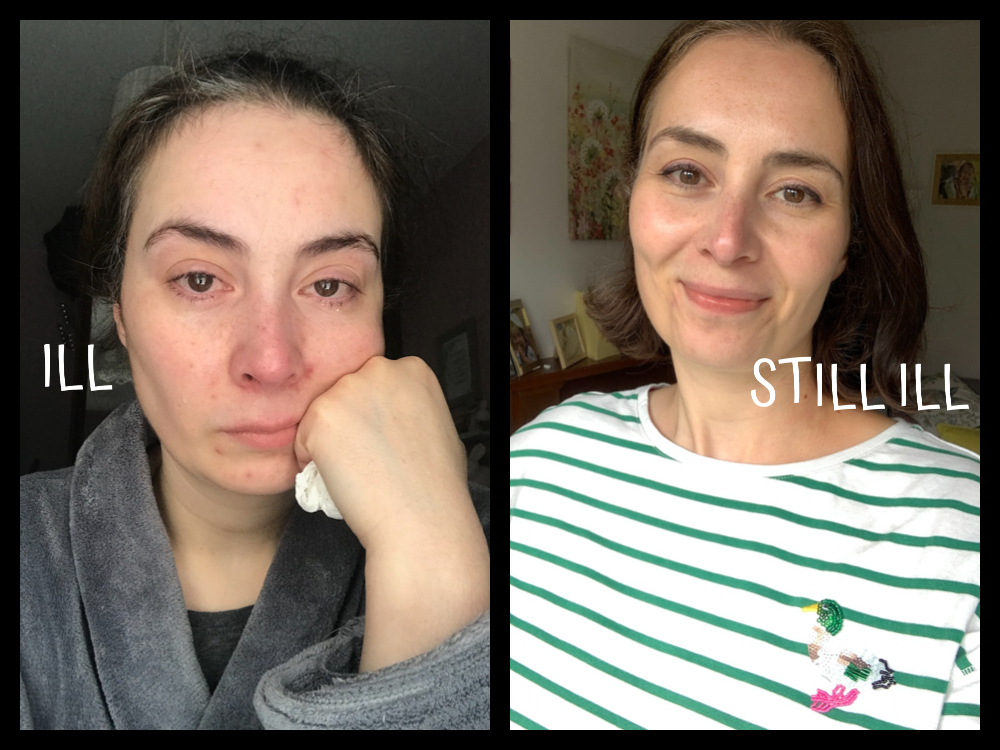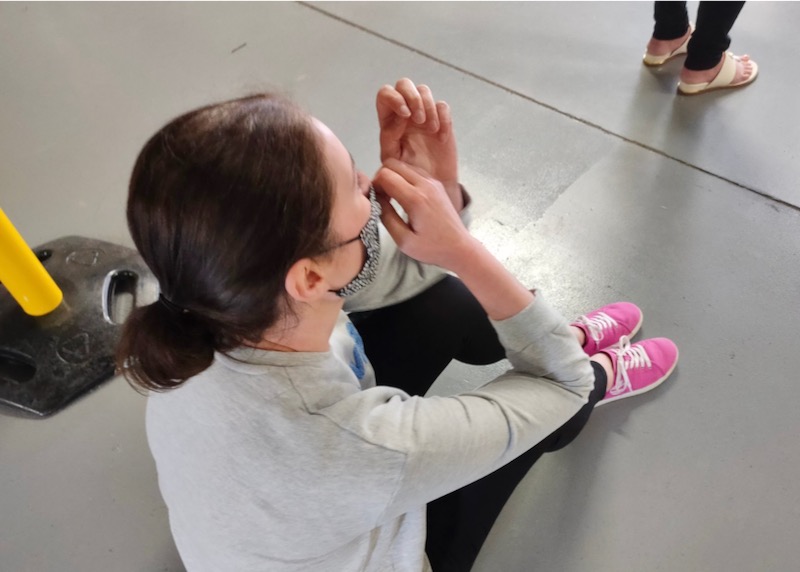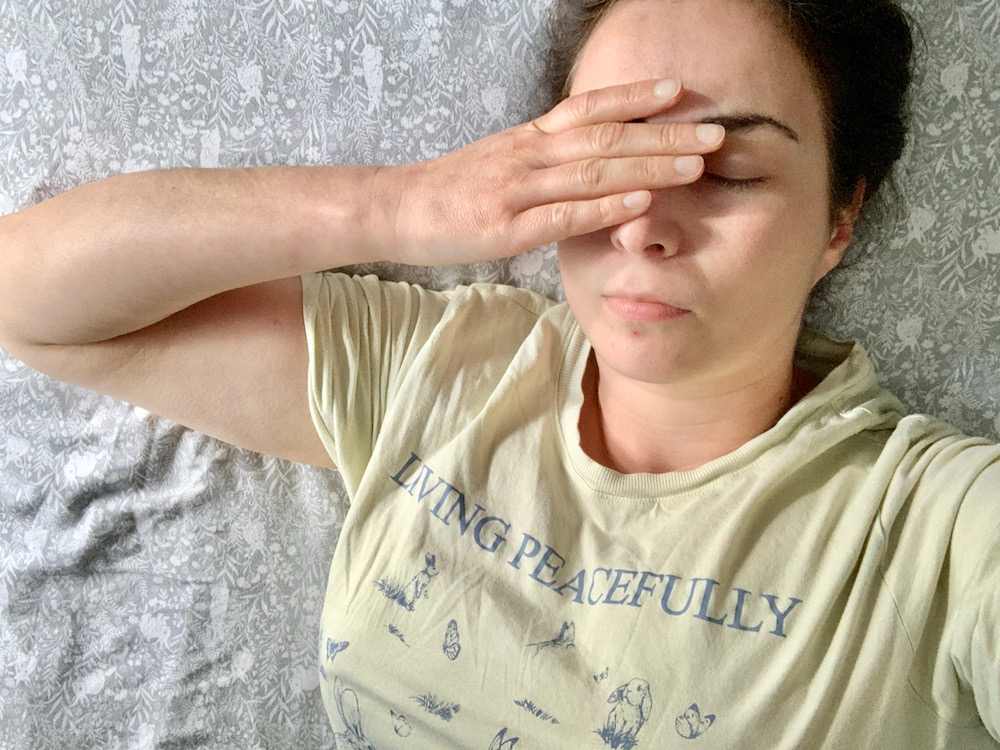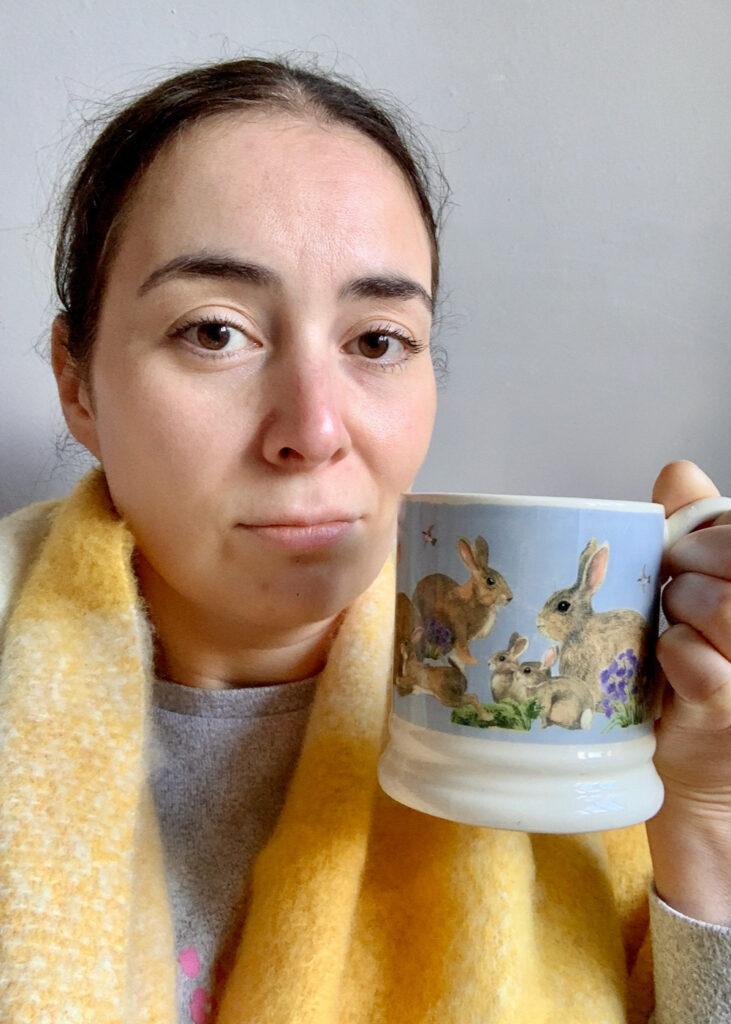What I Wish People Understood About Living with an Invisible Disability
Just because you don’t see the disability, doesn’t mean it isn’t there. This is what I wish people would understand about the daily struggles I have as a person with chronic disabling conditions.

Do you think people are looking at you like you’re a fraud? Do you ever feel disregarded or unseen when you tell someone how you’re feeling because “you don’t look ill”? Do you have days when you’re the one questioning who you even are?
Because this is what life tends to go like when you have a disability that, to many, may as well be invisible.
As a person with long term health conditions that limit my ability to do what’s ‘normal’ — what can be included as having invisible disabilities — I find there’s a few misconceptions some people would do better understanding. So let me get started.
My fatigue is not your tiredness
I get it, you didn’t sleep well last night; the baby kept you up; it was too hot to sleep etc. etc. Add that to a medical condition (like my fibromyalgia and joint hypermobility disorder) that already has you in sleep mode and you’re stuffed before you’re out of bed. Fatigue really isn’t the same thing as being tired. Normal things to an able bodied person aren’t the simple every day tasks to me. Just showering is a big event, as is making the bed or getting myself to an appointment. So if all I have the muscle or mental capacity to do is put a load of washing in the machine then that is pretty much a full day done.
Don’t think I’m sitting on “spare time” now my child’s in school
So this is a bugbear I have where people don’t understand why I’m not ‘going out to work’. Well, I do write. But also this: I’m not well. So once my son’s at school, I’m going home to sit down and spend the rest of my morning attempting to remember what wash cycle I was intending to do while navigating a thick headful of brain fog plus the muscle fatigue I now feel having just walked the school run.

Convenience food isn’t lazy
I’m not saying oven chips are always the order of the day but don’t mock it. Frozen, processed, pre-prepared food is a life-line that still puts dinner on the table. Like opting for microwave rice when preparing from scratch is a bit too much to do. I’ve often felt ashamed picking up frozen mash in the supermarket, but you know what, when standing for so long peeling, chopping and mashing potatoes is high on the list of energy draining and painful tasks, it’s just not worth it.
Younger people get joint problems too
I’ve suffered severe joint pain since I was fourteen, when I’d often hobble back from school with painful hips. Now the pain is widespread from my pelvis to my feet; my shoulders to my jaw, so I know there’s no age barrier where joint pain is concerned. So I guess I’m guilty of playing to the old misconception by “feeling old” whenever I need pulling up from the floor or sitting down to give the agony a rest. Feeling decrepit isn’t normal for the best part of your life. Of course this doesn’t actually make me old, but when every mobility aid advert thinks walking canes are for the elderly, it doesn’t feel good.
Accessible toilets are for me too
I may not look disabled by archaic visible standards (no I don’t use a wheelchair) but I do require the privacy, washing facilities and availability of an accessible toilet when I desperately need it. Going anywhere for the remotest amount of time makes me fear the need for the loo. Shopping is a huge stress; you usually take more time doing it, aisles go on for days and who knows where stores or retail parks without public conveniences expect you to do your business. You see I often need a toilet at little notice to myself, and if toilets were always on your mind too, you’d be surprised by how few public toilets there actually are. So if you’ve never had to run into an office block asking to use their staff toilet, or —let’s just say how it really is — had to crap in a bag behind a tree, nobody gets to judge my radar key.
Even good days hurt
Chronic pain conditions mean symptoms and severity vary, so no two days are alike. However, one truth remains: pain is always present. My pelvic pain might flare up more one week, jaw pain may be worse another. There’s always something going on; there’s always the focus of attention on one area one day and another place the next. Even in the same day, you could play a game of join the dots with all painful areas I can point to. That’s the wonderful nature of chronic pain and that which flares up unannounced or after ‘a day over-done’. Then there’s the sneaky moments when you think you’re good until you walk along and out of nowhere your hip slips. Or you pop in the shower and misjudge the capacity you have to balance on one leg — and that’s on the good day.
Medication isn’t a cure
Of course, I take tablets for what ails me. I dread to think how little I’d be able to function without the support of some medication. As much as it’s necessary — especially my thyroid hormone replacement — meds are merely a sticking plaster that help but don’t cure. Your body becomes accustomed to prescriptions and dosage and strength, and you have to find a happy medium where medication suffices. I’m still daily fatigued; my joints and ligaments still flex overtly; pain is still pain.
Think positive Be Real
We may have needed it through lockdown but now I’m pretty done with what is essentially toxic positivity. If mental wellbeing is really being considered, you need to be real and stop gaslighting hurting people. It is okay to feel crap and be a negative Nancy. Positive vibes sound great and mean well, but they’re empty words to a person needing a shoulder to cry on or when you just need to vent and feel sorry for yourself. When it comes to living with a disability and chronic condition, those around you would do well to understand that reality is oftentimes difficult, upsetting, degrading and infuriating and if you can’t listen to your friend being “negative” then you are not being a great friend.

I grieve for the life I’ve not lived
Because someone ‘looks normal’, you might assume that life with an invisible disability doesn’t have much of an impact, but appearances deceive. I’m happy with my life, I love my family, but I do find myself grieving avenues not ventured or given up — the careers I’ve missed out on, the independence I should have, the car I used to drive, had I not been limited by my health. The feeling of not doing much with your life as you watch life go on for others around you stirs a sense of inadequacy. Why am I in bed or resting on the sofa when “other people are doing XYZ”. It’s like a game of resentment and bereavement. I don’t have a career — I haven’t “made it” — so what am I defined by besides the name on my medical exemption card?
I’m expected to crack on with chronic illness
Perhaps the most difficult part of living with an invisible chronic illness is having to carve out and manage a life with a degree of normalcy. Or that’s what I expect of myself because that’s how the system treats you. When you’re told you’ve a condition for life you have to learn to get on with it, find a way to accept it and pull your big girl pants on. As if acute illnesses and those with an ending are more worthy of treatment. Put it this way: if an abled person were to experience the same symptoms for a week they’d take time off, reduce the workload and recuperate, where a person with chronic pain and longterm difficulties, you’ve got to keep on going.
I don’t blame God for this
Some people wonder how you can follow a God who doesn’t end suffering, and yet here I am a chronically ill Christian. I just don’t think things are that simple. Life isn’t all rosy, bad things happen and people get ill, including me. I’d be lying if I said I didn’t wrestle with the ‘what if’s and ‘why me’s — I’d love nothing more than to feel perfectly well. But it is what it is and while I turn to God to get me through and pray for healing, I don’t like to treat my grievances as bartering tools. Of course I battle with inadequacy but I try to do what I can to the best of my ability, and if that means singing through the pain or taking a Sunday morning off because I’m in a pain flare, needs must. So despite my daily struggles, it just doesn’t conflict with my ability to have faith in Jesus because I know He cares about me and I’m not invisible to Him.


Leave a Reply